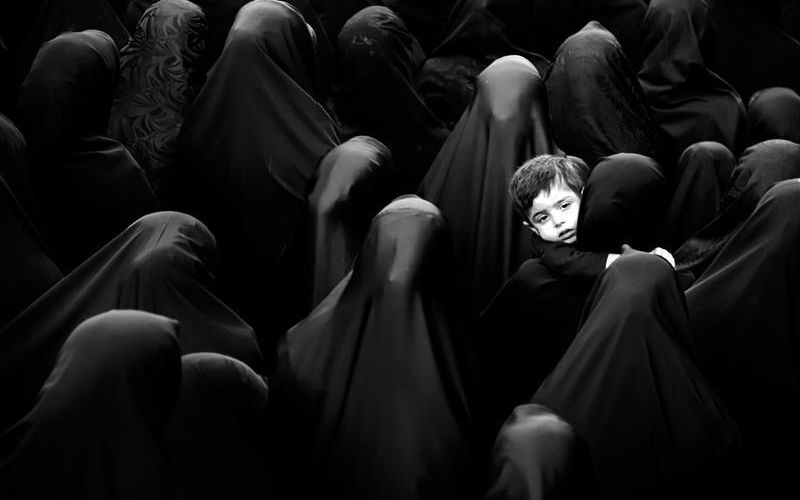Timber Hawkeye — Buddhist Boot Camp
Hawkeye, Timber. Buddhist Boot Camp (HarperOne, 2013).
Three excerpts from Buddhist Boot Camp
"Love is the recognition of beauty"
A flower doesn't stop being beautiful just because somebody walks by without noticing it, nor does it cease to be fragrant if its scent is taken for granted. The flower just continues to be its glorious self: elegant, graceful, and magnificent.
Our Mother Nature has provided us with these immeasurably valuable teachers that blossom despite their short lifespan, stars that continue to shine even if we fail to stare at them, and trees that don't take it personally if we never bow down in gratitude for the oxygen they provide.
We also have an incredible and unlimited capacity to love, but the question is: can we do it like a flower? Without needing to be admired, adored, or even noticed? Can we open our hearts completely to give, forgive, celebrate, and joyfully live our lives without hesitation or need for reciprocity?
It seems like sometimes we go beyond taking things personally and are noticeably deflated when unappreciated. In-fact, devastated, we wilt in sorrow and then attempt to guard ourselves by withholding, using all sorts of protections and defenses. We get hurt (even angry), if our boss fails to recognize an astonishing feat, if a lover pulls their hand away, or when a friend forgets our birthday. Can you imagine a flower copping an attitude for not being praised, or the moon dimming its glow because we're too self-absorbed to notice it more often?
Make an effort to shine no matter what, to love unconditionally, and to be a kind and gentle soul (even when nobody is watching). And, if you're so inclined, hug the next tree you see and say, "Thank you!"
"We are the victims of our own choices"
Where we are today is a direct result of decisions we've made as far back as ten years or lifetimes ago, and as recently as last night.
We have a tremendous personal responsibility for the way our life has turned out, and an equally important role of steering it into the future. Although we constantly make decisions, we're not always mindful of their far-reaching consequences.
The first step is to have a very clear idea of the kind of life you want to live (perhaps a simple life, uncomplicated, comfortable, calm and happy). Then, before making any decision, ask yourself, "Will this get me closer to the kind of life I want to live, or farther from it?" The key, again, is to think of the far-reaching consequences of your decisions, not just instant gratification.
Here's the catch: The path of LEAST resistance will often take you farther from your destination than the seemingly more difficult one, but an easy trek in the wrong direction is ultimately far more exhausting and devastating than an uphill climb toward euphoria.
Every decision you make is important. If you smoke now, for example, you might not be able to donate a lung to your own child in the future. And if you have more money than you need while someone else doesn't have enough to buy food, you're not changing the state of the world, you're contributing to it.
Instead of looking to blame others for your dilemmas, look within. Any circumstance (no matter how devastating it may seem), is not only caused by a past event, but is actually a blessing if we gain wisdom from it. History doesn't have to repeat itself if we can learn from our mistakes the first time around.
Treat every living being with kindness, including yourself, and the world will immediately be a better place.
"Doing the 'right thing'"
Clyde is a single father of two. When his wife died of diabetes last year, he vowed to take better care of the family's health by doing three new things on a regular basis: exercising, eating more fruits and vegetables, and never getting fast food ever again. Tonight, with only $20 to spend on dinner, he will make them mashed potatoes, grilled chicken, and steamed broccoli florets. Even though he wants to buy everything organic, he simply can't afford to do so right now, so he's doing the best he can to avoid processed foods, soda, and everything that has high fructose corn syrup in it.
A woman named Laura is standing behind Clyde at the grocery store. Her life is completely different than his, so her shopping cart is filled with organic and seasonal produce that she can easily afford to buy without hesitation. Although she’s a strict vegetarian herself, and a big supporter of local farmers, she can't really be upset with Clyde for buying non-organic food or for eating meat. Organic is better than conventional, that’s true, but conventional is certainly better than fast food. According to his time, place and circumstance, Clyde is actually doing the right thing. In-fact, they both are.
Never judge anyone for the choices that they make, and always remember that the opposite of what you know is also true. Other people's perspective on reality is as valid as your own, so no matter how certain you are that you're doing the "right thing", you must humbly accept the possibility that someone who does the exact opposite from you might actually be doing the “right thing” as well.
Everything is subject to time, place and circumstance. There are no “shoulds” in compassionate thinking!
See original content from source: Buddhist Boot Camp

